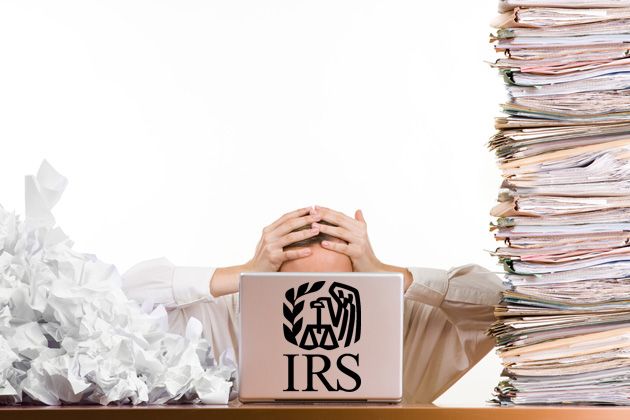
Tax Debts
Oh no! You just discovered you owe back taxes, penalties, and interest for the past three years! You are just about ready to retire and hoping to keep all your money to enjoy your golden years. That vintage Mustang you have had your eye on is calling your name. Maybe if you just put off payments, your tax debts will go away when you die. Unfortunately, that is not the case. Putting off payment until death will simply pass the stress onto your loved ones.
What will my executor have to deal with?
Soon after the IRS receives notice of your death, it will mail collection requests to the personal representative of your estate or trustee. Taxes owed to the United States and to the State of California take precedence over all other outstanding debts. Internal Revenue Code section 6324 provides that on the day someone dies a federal estate tax lien comes into existence. Reasonable costs of administration may be paid prior to satisfying any tax debt, including personal representative fees, attorney’s fees and costs, in order to incentivize the winding up of a person’s affairs. Otherwise, who would take on such an onerous task?
Aside from costs of administration, the personal representative of your estate/trustee will have to pay all outstanding federal and state taxes before paying any other debts and, of course, before distributing any of your assets to your heirs or beneficiaries. The lien attaches to all the estate’s/trust’s assets. The lien will only be released upon full satisfaction of the tax liability. If the executor/trustee decides to sell real property to pay the debt, they can petition the IRS to remove the lien to avoid being penalized. However, if the executor sells that property and does not pay your tax liability, the IRS will assess a penalty fee equal to the value of the sold property. The IRS has ten years from the date they assess a tax to collect that tax. If that time has lapsed, the personal representative of your estate/trustee can petition the IRS to remove the lien from the property.
What if there will not be enough money in my estate to cover my debts?
The good news is that if your estate does not have enough money to cover your tax debts, your relatives are not responsible for covering them. However, there are exceptions:
- The personal representative of your estate/trustee may be personally liable for the unpaid tax debt to the extent they distributed assets to heirs and beneficiaries, paid non-tax debts, and/or spent the funds of the estate before paying the tax debts.
- Anyone who cosigned a loan with the decedent or jointly holds accounts with them may be responsible for unpaid debts.
- Because California is a community property state, a surviving spouse may be held accountable for paying the decedent’s debts.
- Anyone who shares any debt with the decedent may be held responsible for repaying that debt.
No matter what, the personal representative of your estate/trustee will have to spend more time and energy (and stress!) cleaning up any tax mess you left behind. Losing you is already difficult and stressful, do not add to that by not paying your debts before you die.
The tax and estate planning attorneys at RJS LAW are always here for you. We can help you navigate your tax concerns and assist you in creating an appropriate estate plan to help minimize taxes and maximize what you leave behind for your loved ones rather than Uncle Sam.
Published by Gwendolyn Davis

Leave a Reply